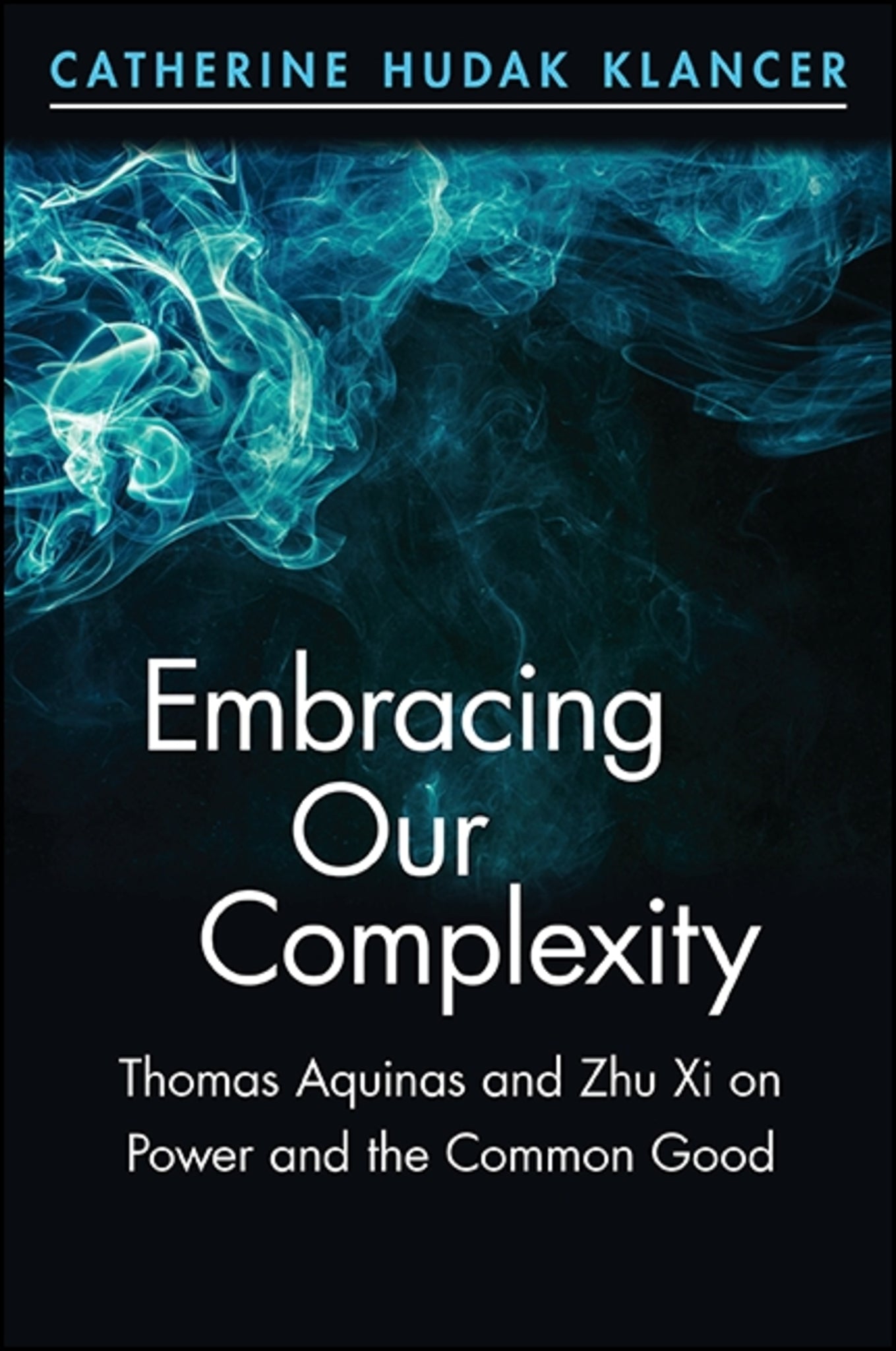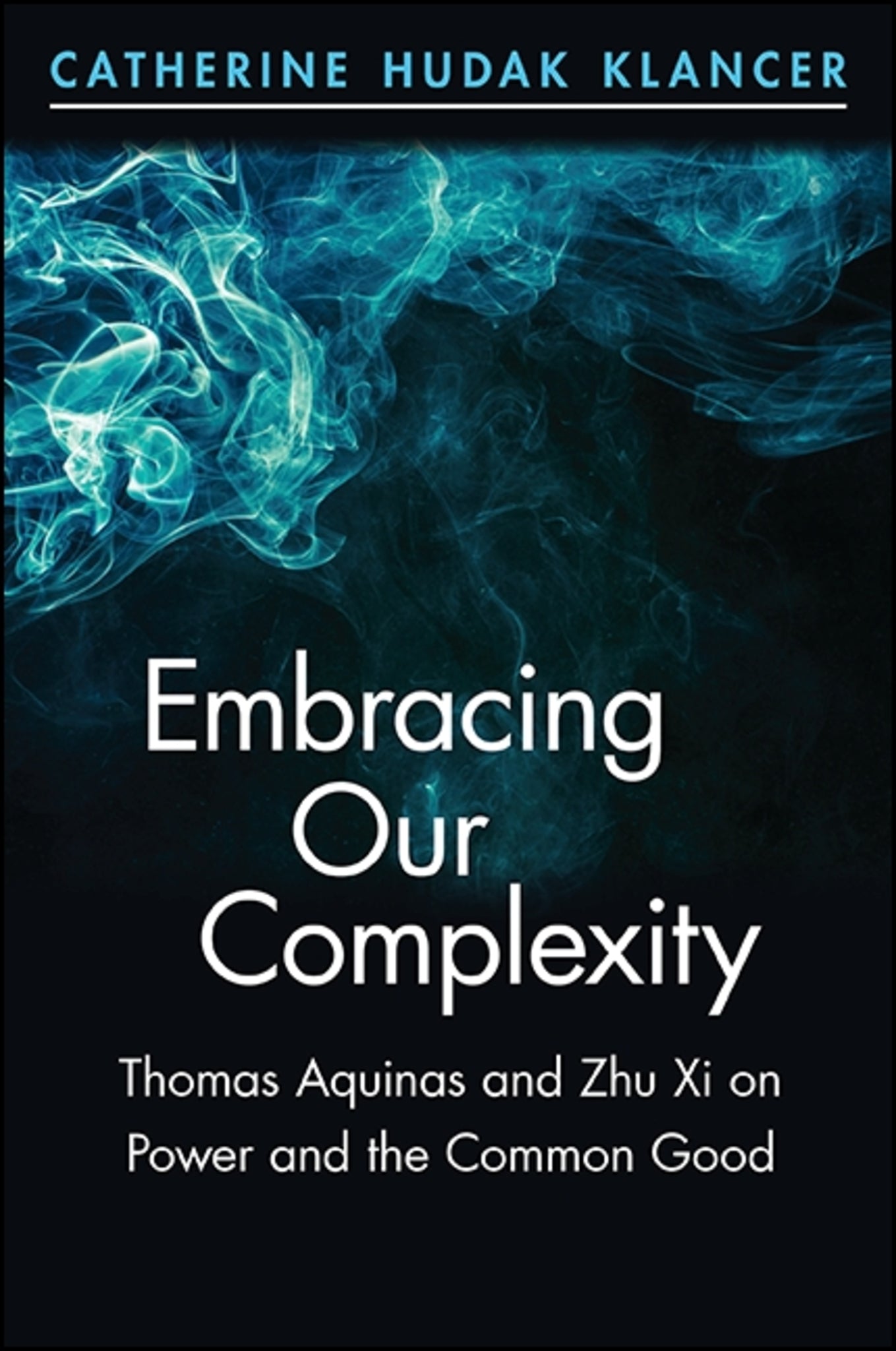We're sorry. An error has occurred
Please cancel or retry.
Embracing Our Complexity

Some error occured while loading the Quick View. Please close the Quick View and try reloading the page.
Couldn't load pickup availability
- Format:
-
01 September 2015

Using the thought of Christian thinker Thomas Aquinas and Neo-Confucian Zhu Xi, explores how to exercise and limit authority.
This book discusses what a religiously grounded authority might look like from the viewpoints of the European Catholic Thomas Aquinas (1225–1274) and the Chinese Neo-Confucian Zhu Xi (1130–1200). The consideration of these two figures, immensely influential in their respective traditions, reflects the conviction that any responsible discourse on authority must consider different cultural perspectives. Catherine Hudak Klancer notes that both Zhu Xi and Aquinas conceive wisdom as including, yet surpassing, human reason. Both express an explicit faith in the moral order of the cosmos and the ethical potential of human beings. The systematic, idealistic approach common to both provides the cosmic, anthropological, and ethical elements needed for a comprehensive exploration of how to exercise and limit authority. Ultimately, Klancer writes, authority requires a particular virtue, hitherto latent in both scholars' work and in their lives as well. A person with this virtue-humble authority-is properly grounded in the sacred order, and fully cognizant in theory and in practice of the parameters of human nature and the responsibilities attendant upon the human role.


Acknowledgments
Introduction
1. An Objectively Moral Universe
2. Intelligent Agents with Moral Potential
3. Roles, Rituals, and Habits: The Proper
4. Exercising Authority
5. Limiting Authority
Conclusion
Notes
Bibliography
Index



